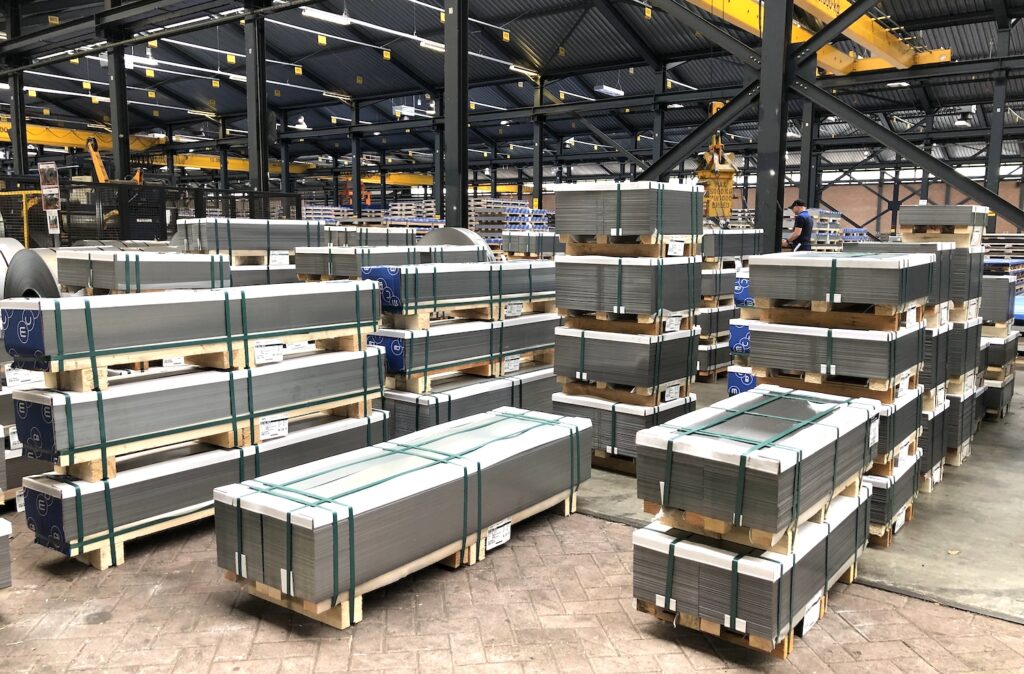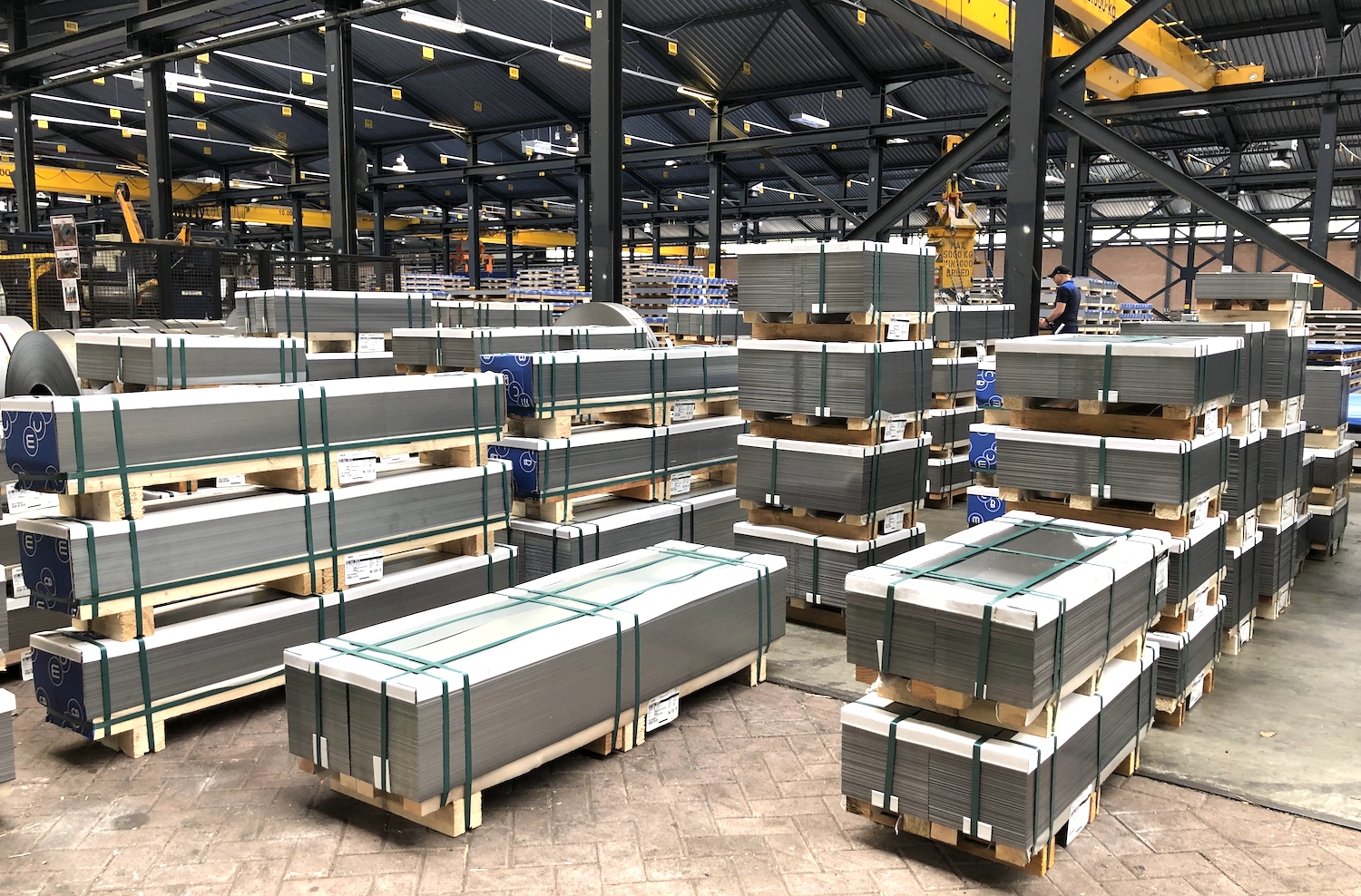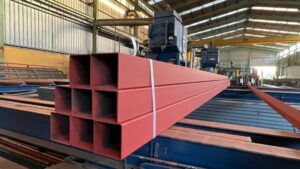
European steel distributors association EUROMETAL has written to European Commissioner for trade Valdis Dombrovskis suggesting he look at pricing evolution in steel markets over the past 18 months when reviewing the current steel safeguard, which is due to lapse in June.
“Once more, we need the commission to assist and care about the steel users and steel consuming industries. There will be no market for the steel production if there is not a market of consumers,” the letter said, which was signed by EUROMETAL president Fernando Espada and managing director Daniel Guinabert. It follows a letter by 12 European member states — supported by Eurofer — seeking a review and extension of the safeguard.
Since 3 June 2019, Argus‘ benchmark northwest EU hot-rolled coil (HRC) index has risen to €707/t from €476/t, an increase of €231/t. Pent-up demand and a lagging increase in supply since September last year has seen appetite outstrip production, leading to huge price jumps in the past few months — the index has soared by €309/t since 8 June 2020.
The surge in demand and softer supply has been exacerbated by a lack of import penetration in recent months. The EU imported just 257,813/t of HRC in November last year, Eurostat data show. This was the lowest import figure in almost eight years. The reduction was driven by a number of factors. Covid-19 impacted the European industry heavily, meaning local prices were lower than those in the rest of the world, reducing import demand over summer. At the same time, a number of regions cannot sell into Europe because of dumping duties — China, Russia, Brazil, Serbia and Ukraine all have duties that keep volumes in check. Turkey now has a provisional dumping duty, while the duty of Severstal, the only Russian producer that can still sell HRC into the EU, is being reviewed after petitions from Eurofer.
Undoubtedly, Eurofer will also be monitoring shipments of hot-dip galvanised coils from Turkish producers, given the latter are now buying competitive Chinese HRC substrate. This could further curb supply for European service centres, should action be taken.
European producers would suggest nothing has changed since the steel safeguard was implemented in response to Section 232 in the US. While Donald Trump has left office, the duties are still in place, meaning Europe could be hit with more imported material if the measures lapse.
At the same time, service centres would point to current spreads to blast furnace raw materials — at $442/t yesterday — which are at record highs. Some European mills have “derisked” their businesses by targeting the booming North American market of late, while limiting contractual tonnages for domestic buyers. Service centres would argue they should be able to procure the requisite tonnages from domestic producers, given they are protected from third-country tonnes.
By Colin Richardson






